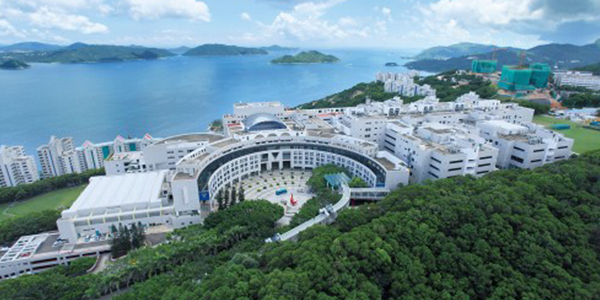Best Business Schools in Asia Pacific for a World-Class MBA

The meteoric rise of Asian countries, particularly India, China, and Singapore, as economic powerhouses is a well-recognized fact. Despite various challenges, these countries have achieved spectacular economic growth in the last decade.
With continuous growth in the economy and businesses, there has been a surge in demand for sharp MBA graduates capable of handling businesses in Asia. As a result, top Asian business schools are becoming a preferred destination for people willing to pursue full-time MBA courses.
If you’re looking to seize the opportunities in Asia’s thriving business landscape, consulting with our MBA admission consultant can help you navigate the vast array of top business schools in the region and find the perfect fit for your career goals.
Disclaimer:- The estimated fees are taken from the respective B-schools’ official websites. Keep checking the websites for any updates.
List of Best MBA Colleges in Asia
Following business schools currently feature in the top Asian MBA rankings as per the latest QS Global Ranking 2023.| Ranking | B-School | Campus Location | Estimated Fees | GMAT Score |
| 1 | INSEAD | Singapore | €98,500 | 640 |
| 2 | NUS Graduate School | Singapore | S$ 76,000 (excluding GST) | 670 |
| 3 | ESSEC Business School Asia Pacific (Only Executive MBA at Singapore Campus) | Singapore | S$ 100,000 (including GST) | – |
| 4 | Tsinghua University | Beijing, China | RMB 198,000 | – |
| 5 | Nanyang Business School, NTU Singapore [Also Read: How Damini cracked Asia’s top 10 Business School, Nanyang?] | Singapore | S$70,953.84 (excluding GST) | 600 |
| 6 | China Europe International Business School (CEIBS) | Shanghai | RMB 468,000 | 640-740 |
| 7 | University of Hong Kong (HKU Business School) | Hong Kong | HK$588,000 | – |
| 8 | IIM Ahmedabad | Ahmedabad, India | ₹24,61,000 (Indian Applicant) | – |
| 9 | Hong Kong University of Science and Technology (HKUST) | Hong Kong | HK$600,000 | 660 |
| 10 | IIM Bangalore | Bangalore, India | ₹24,50,000 (Indian Applicant) | – |
What Is the Acceptance Rate in Top MBA Colleges in Asia?
The acceptance rates in top MBA programs in Asia can vary depending on various factors, such as the B-School’s prestige, the quality of the applicant pool, etc. So, if you’re targeting admission to some of the best Business Schools in Asia, you should expect intense competition. However, almost all of these B-Schools allow re-applicants. For instance, 5-10% of the applicant pool in CEIBS in any academic year consists of re-applicants. Therefore, you can always come back next year after improving your profile.Admission Requirements for MBA in Asia Pacific
You might have noticed that the top 10 Asia MBA ranking feature business schools from different countries. Naturally, the specific admission requirements may vary significantly depending on the B-School’s location. So, it’s vital to understand the admission requirements for the best MBA in Asia as per the country where the B-School is located.Singapore & Hong Kong
- Bachelor’s degree in any discipline
- Minimum 2 years of full-time work experience after acquiring Bachelor’s degree
- A strong GMAT score
- A good TOEFL/IELTS score is proof of English language proficiency.
China
Most of the admission requirements for an MBA in China are similar to that of Singapore and Hong Kong. However, some Chinese B-Schools may have a maximum age limit. For example, CEIBS, one of the best business schools in Asia, has a maximum age limit of 35 years at the time of application to its full-time MBA program.India
Indian B-Schools like IIMs are globally acclaimed for running some of the top MBA programs in Asia. Like most B-Schools globally, they ask for a bachelor’s degree in any type of business master’s application. However, they can significantly differ from other Asian business schools in other requirements, as given below.- Most Indian B-Schools require you to score at least 50% in your undergrads.
- Indian applicants must have a valid CAT (Common Aptitude Test) score. The CAT score can greatly impact the admission process.
- Unlike many other B-schools in Asia, Indian business schools don’t have a minimum work experience requirement for their MBA programs. You can apply to your preferred program while you’re in the final year of your bachelor’s degree.
- Many top Indian B-Schools insist on having 12 years of school education (10+2) before the bachelor’s degree.
- International applicants must have a minimum GMAT score of 700 with an integrated reasoning score of 5 or more.
